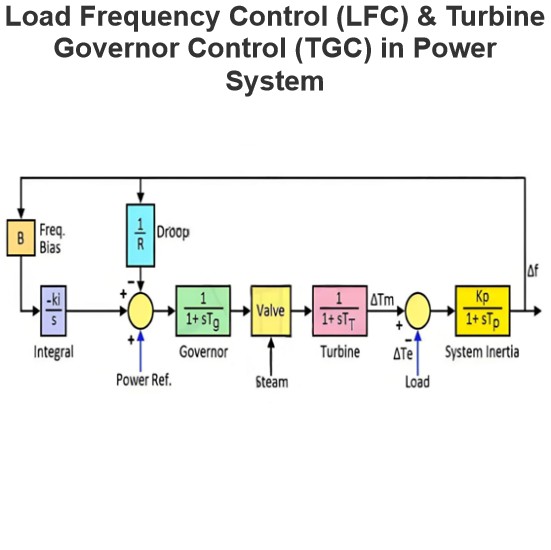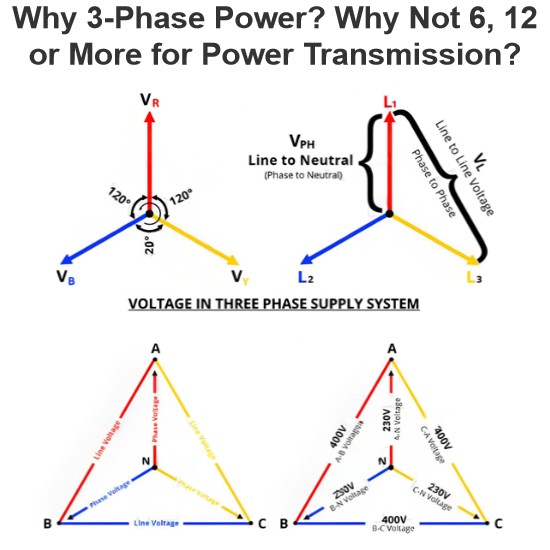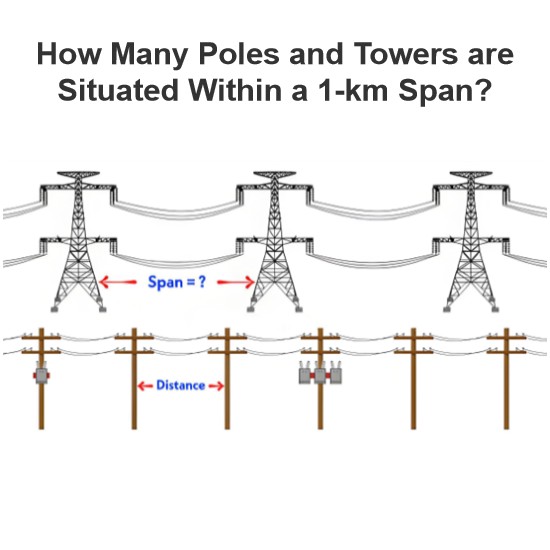What is instantaneous power in electrical engineering?
The difference between instantaneous power and power in electrical engineering
Definition of Instantaneous Power
In electrical engineering, instantaneous power (Instantaneous Power) refers to the power absorbed by a circuit at a specific moment in time. Its magnitude is equal to the product of the instantaneous voltage and current at that moment. The concept of instantaneous power is mainly applied in power systems with non-linear loads, as the voltage and current waveforms in these systems undergo distortion relative to standard sinusoids, making it difficult for traditional harmonic theory to accurately describe power phenomena.
Definition of power
Power is a broader term that refers to the amount of work done per unit time. Power can be divided into two types: average power and instantaneous power. Average power is the ratio of the work done over a period of time to the time, while instantaneous power is the work done in an infinitely small period of time approaching a single point in time.
Difference between Instantaneous Power and Power
Definitional Differences
Instantaneous Power: Refers to the power absorbed by a circuit at a specific moment in time. Its magnitude is equal to the product of the instantaneous voltage and current at that moment.
Power: A broader term that indicates the amount of work done per unit time. It can be further divided into average power and instantaneous power.
Differences in the calculation formula
Instantaneous Power: Calculated using the formula P(t)=V(t)⋅I(t), where
V(t) and I(t) represent the instantaneous voltage and current at time t, respectively.
Average Power: Calculated using the formula
Pavg= W/ t where W is the total work done over a period of time and t is that time period.
Differences in application scenarios
Instantaneous Power: Primarily used for analyzing power phenomena in electrical systems with non-linear loads, particularly in the presence of harmonic pollution.
Power: Commonly used in various engineering fields to describe the efficiency and capability of energy conversion in devices or systems.
Summary
While instantaneous power is a form of power, it emphasizes the value of power at a specific moment, whereas power, as a broader term, encompasses all types of power, including average and instantaneous power. In electrical engineering, understanding and distinguishing between these two concepts is crucial for analyzing and optimizing the performance of power systems.
The Electricity Encyclopedia is dedicated to accelerating the dissemination and application of electricity knowledge and adding impetus to the development and innovation of the electricity industry.













